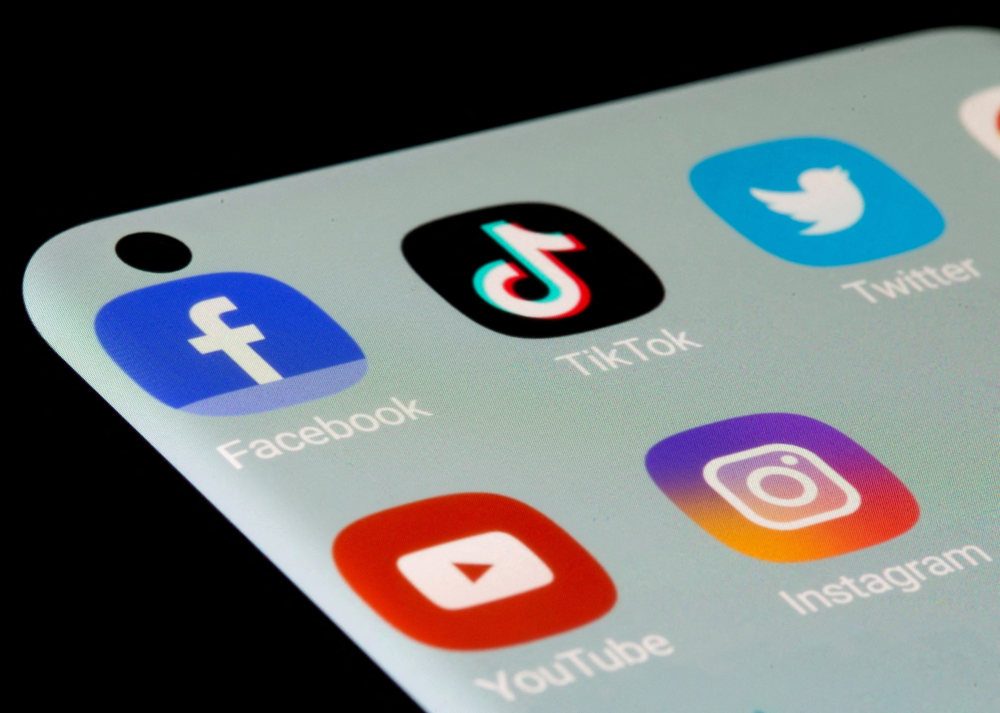SOCIAL
Half of users to ‘significantly limit’ social media interactions by 2025

US-based tech research firm Gartner says users are ‘actively trying to limit their use’ due to a ‘perceived decay in the quality of the social media platforms’
MANILA, Philippines – United States-based tech research firm Gartner predicts that about 50% of users will significantly limit or abandon interactions with social media by 2025 due to a “perceived decay in the quality of social media platforms.”
The prediction was derived from a survey of 263 consumers between July and August 2023, which saw 53% of respondents saying that the quality of social media had decreased compared to the prior year or to five years ago.
Addressing marketers, Gartner’s senior principal researcher in the Gartner Marketing Practice, Emily Weiss, said, “Social media remains the top investment channel for digital marketing, but consumers are actively trying to limit their use.”
“A significant slice says that, compared to a few years ago, they are sharing less of their own lives and content. As the nature of social media use and the experience of the platforms changes, CMOs (chief marketing officers) must refocus their customer acquisition and loyalty retention strategies in response.”
The reasons indicated for this perceived decline were the spread of misinformation, toxic user bases, and the prevalence of bots. There is also a high amount of concern about the impact of generative AI use in social media, with seven out of 10 consumers believing that the “greater integration” of the technology on the platforms will harm user experience.
Similarly, UK-based consumer research firm GWI saw a slight decline in overall time spent on media worldwide, both traditional and digital, in their Global Media Intelligence Report 2023 published in October.
While the drop isn’t significant, Jason Mander, GWI’s chief research officer, said that this “waning media engagement marks a shift in the way consumers are responding to their social and economic environments – and a small departure from the idea that they are more plugged in than ever.”
Part of this observed decline may partly be due to an ongoing post-pandemic correction. Time spent online, including on social media platforms, surged during the pandemic before slowly decreasing and stabilizing back to normal after.
Social media burnout is a factor too. Market research firm Insider Intelligence (formerly eMarketer) researcher Paul Verna said, “Anecdotally, a lot of people I speak with feel like they’re overloaded with social media and are basically pulling back from, if not canceling, accounts on platforms like Facebook and Instagram.”
Mander described the changing winds as a “widespread behavior change.”
“I think that people are actually genuinely just withdrawing a little bit,” the researcher said.
The question now is whether this trend will continue in 2024, and reach the level of withdrawal that Gartner is predicting.
Users wanting more action on false information
Social media platforms may actually have the ability themselves to arrest the predicted decline – if they can act on concerns regarding false information, at the very least.
A US survey by the Pew Research Center found that there was indeed a marked growth in awareness for false information on social media.
In 2018, only 39% of Americans believed that the federal government should step in to curb bad information. In 2023, that figure rose to 55%, with public support increasing, thanks to heightened public debates and legal cases on platforms’ content moderation efforts.
From 2018 to 2023 as well, the percentage of Americans wanting platforms to take steps to restrict false information, even at the expense of freedom of information, has grown from 56% to 65%.
These numbers show that users want something done, either by the government or the tech companies themselves, against false information.
Pew Research noted, “Support for government intervention has steadily risen since the first time we asked this question in 2018. In fact, the balance of opinion has tilted: Five years ago, Americans were more inclined to prioritize freedom of information over restricting false information (58% vs. 39%).”
The Gartner study highlighted the spread of false information as a key factor as to why some users want to flee social media, with GWI seeing some early signs of this decline, with worldwide time spent online slightly decreasing this year. Users are also pessimistic about how generative AI may make disinformation even worse.
With user sentiment leaning more towards stricter content moderation, both from the government and the platform owners themselves, actions made by tech companies on meaningfully reducing disinformation in 2024 may very well play a huge factor in whether Gartner’s prediction of users abandoning social media or significantly limiting use comes true in 2025. – Rappler.com
















